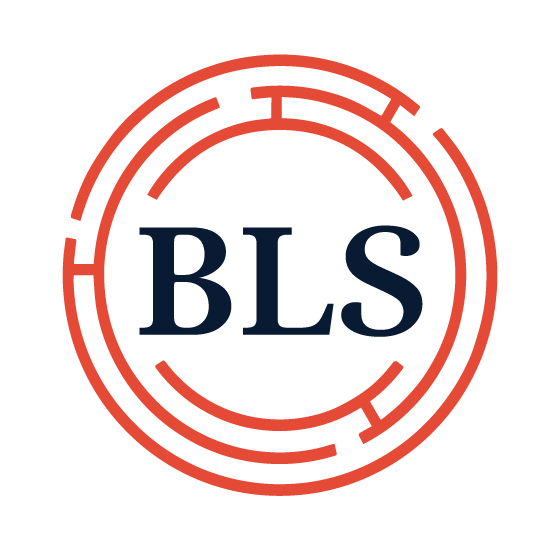What I Learned On The "Other Side" Of The One-Way Mirror
Recently, I had the rare opportunity to sit on the figurative other side of the one-way mirror. (Figurative, because my interview took place over Zoom.) I was asked to participate in a study with other small business owners to test a new accounting tool in development.
As those in market research know, it’s unusual for researchers to participate in studies ourselves—but there are exceptions, especially when the product being tested is marketed to us as potential consumers.
I was excited to take part and found the experience eye-opening. For once, I got to feel what my respondents feel. And it gave me a few ideas about what I might do differently as a moderator. Here are my biggest takeaways:
1. Logging In: First Impressions Matter
I’ll admit—I felt nervous logging into the interview. I wasn’t sure what to expect, and I wanted to be a “good” respondent. It made me realize: my own respondents probably feel the same way at the start of a session. Those first few minutes are critical for establishing comfort, rapport, and trust.
In my case, the interviewer admitted me right on time, which I appreciated. Had he been late, I would’ve worried I had the wrong link or misunderstood the schedule. This reminded me that in my own groups, when respondents sit in a “waiting room” too long, they often show up flustered. Now, I’ll be more intentional about letting participants in promptly—turning cameras off if needed—so they know they’re in the right place while I finish tech checks.
2. Appearance Anxiety Is Real
I was also surprised by how self-conscious I felt about my appearance. Working from home, I had thrown on loungewear—but did I really look like the small business owner they expected?
It reminded me of the respondents who apologize for being “too casual.” I always reassure them it’s fine, but perhaps I could go a step further. A simple note in the confirmation email—“No need to dress up, just come as you are”—might help people feel more comfortable from the start.
3. Ending the Interview: Reassurance Helps
The interview went smoothly, and we wrapped up about 10 minutes early. As a moderator, I often finish early too, but this time I felt worried—had I said enough? Was my feedback useful?
The interviewer thanked me, but didn’t reassure me my feedback was valuable. That moment made me realize: I can do more at the close of my own sessions. I plan to remind participants that their feedback was helpful and acknowledge that we may have finished early because their answers were strong. A small reassurance can leave respondents feeling positive about their contribution and overall respondent experience.
4. Incentives: Clarity Is Appreciated
Finally, I really appreciated how my moderator clearly explained when I’d receive my incentive and what to do if it didn’t arrive. I typically cover this too, but often in vague terms. Moving forward, I’ll be more explicit, so respondents leave with clear instructions and peace of mind.
***
Participating in this study was not only fun, but also a powerful reminder that even after nearly 15 years of moderating, there’s always room to refine the craft. Experiencing the process as a respondent gave me fresh perspective—and a renewed commitment to making research as seamless and reassuring as possible for participants.
